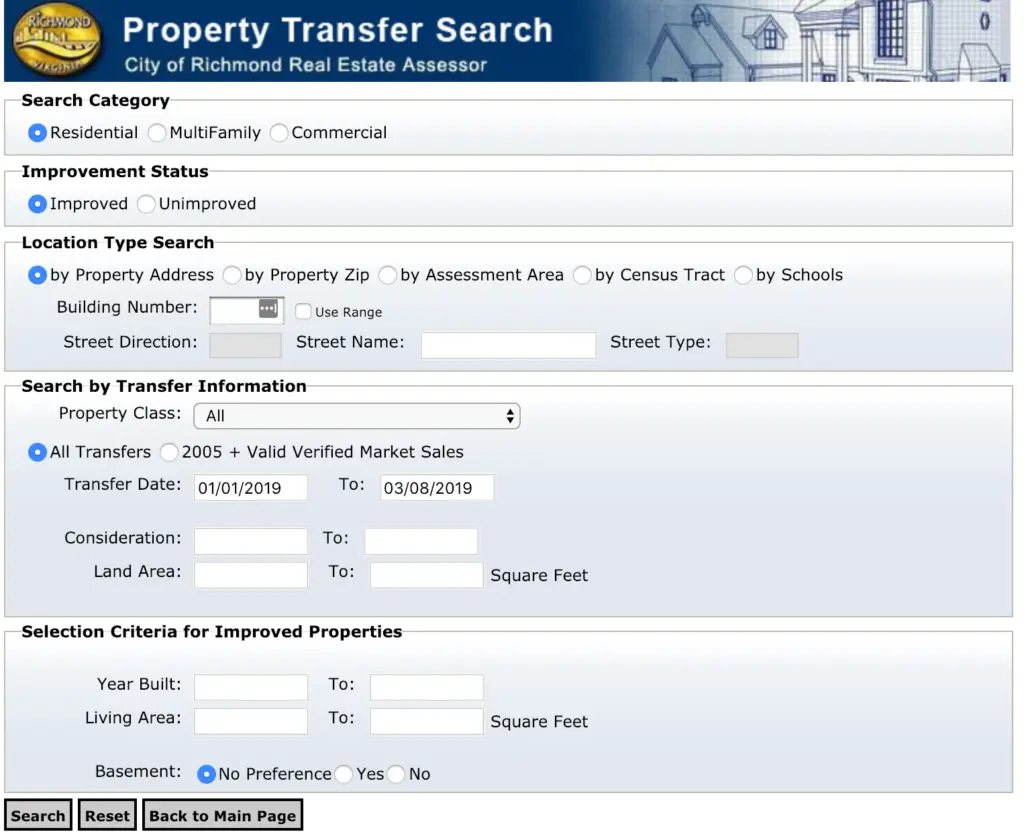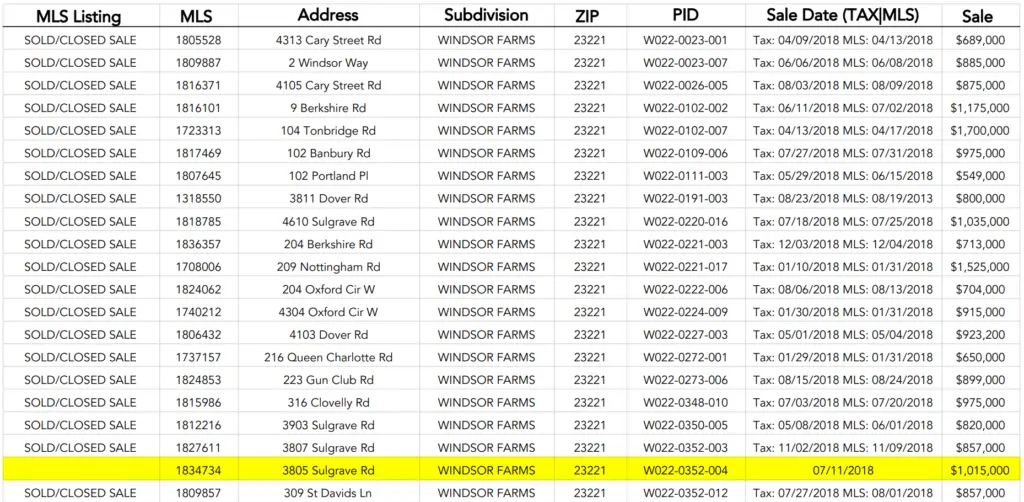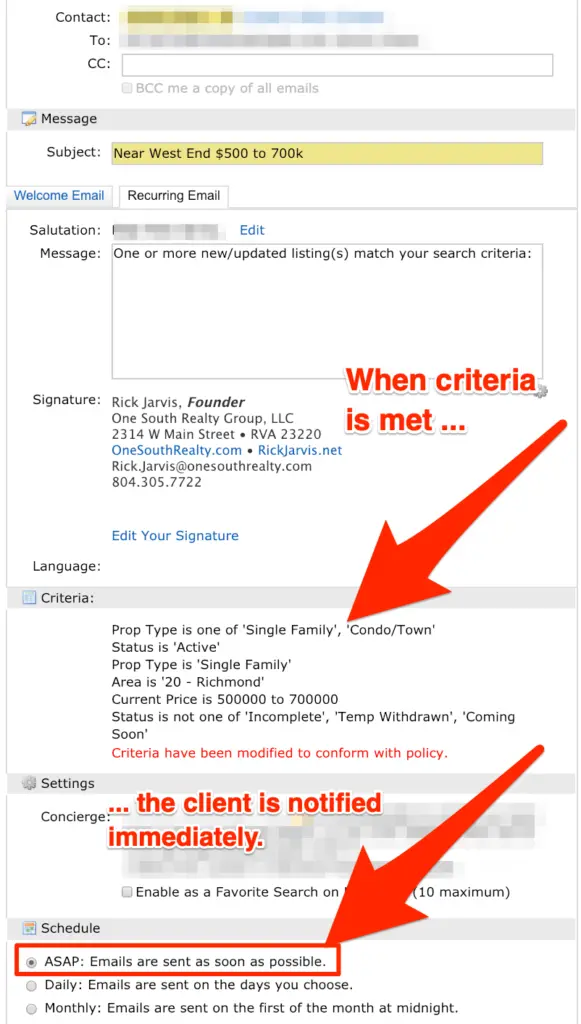An ‘Inside’ Deal. An ‘Off-Market’ Sale. The ‘Pocket’ Listing.
All of these are terms for the idea that (in certain neighborhoods) the best homes are acquired before they hit the market. They are sold either from a seller directly to the buyer (i.e. without an agent), or by an agent who never markets the property in an effort to control who purchases it.

As a buyer, when you are struggling to find the perfect home in a tight market, the idea that houses might be getting sold behind closed doors is extremely frustrating.
In the Know
The perception that houses are selling from one insider to another is most prevalent in communities that are considered to be ‘exclusive’ or are in the shortest supply. The premise is that unless you are somehow ‘in the know,’ you will never hear about the home’s availability and thus never have the opportunity to purchase it.
In order to determine how many properties transferred without the use of a Realtor, you can simply compare the number of transfers in the public records to the transfers of properties in MLS…
This feeling
But is there?
How Common is the Inside Sale?
So how often does an insider deal occur? How can you track events that you don’t really know about? Well, it turns out, you can track it quite easily.

Any time a property changes hands, whether with a Realtor or not, the transaction is recorded in the public domain. Stated differently, property transfers are matters of public record –– meaning they are recorded with the city or county where the property is located.
Anyone has the right to go to the assessor’s office and see property transfers. Or, if you have enhanced access to the public records as a part your local MLS (like Realtors do!), you can easily query property records from the comfort of your laptop.
So Let’s See What We See
In order to determine how many properties transferred without the use of a Realtor, you can simply compare the number of transfers in the public records to the transfers of properties in MLS.

As the above chart shows, the number of properties that changed hands without the use of a Realtor in this example was literally zero. Nada. Zilch. And bear in mind that this list if from one of Richmond’s most prestigious neighborhoods AND during one of Richmond’s most inventory-starved periods. The idea that some great swath of housing is changing hands clandestinely between anointed buyers and sellers simply isn’t supported by actual data.
The Full Shot
So if the large majority of the properties are changing hands with a Realtor involved, how many times is any individual agent controlling both sides of the transaction? In Realtor vernacular, when only one agent works the transaction and picks up both sides of the commission, it is called a ‘full shot.’
In reality, the idea that agents will change their behavior in order to earn both sides of the commission is a bit archaic…
This practice was far more common in days past when the idea of the Buyer’s Agent was still in its infancy and the Zillow’s of the world had yet to democratize listing information.

How can you count ‘full shots’? Well, by using MLS to compare Agent ID’s and counting the occurrences where Buyer’s Agent ID = Listing Agent ID.
In 2018, in all of Zone 20 (Richmond’s Near West End) where home prices are the most expensive and the inventory the most constrained, only 7 of 355 (1.9%) of the sales were executed by the same agent (and only one agent did it twice.)
Pretty low, huh?
In reality, the practice is so fraught with conflicts of interest that in this litigious day and age, few agents are willing to take the risk. Furthermore, many brokerages have gone so far as outlawing the practice altogether.
Most good agents who are approached by a purchaser on their own listing will refer it to another agent for the duration of the transaction –– especially when multiple offers are expected.
So approaching a listing agent directly in hopes that the allure of a larger commission will somehow enable you to win the deal isn’t really a winning strategy either.
The Myth Persists
Every agent loves the public to think that they have inside information about available properties or can somehow find a deal ‘off-market’ that will be the perfect house and at the perfect price.

Sorry to bust my own industry’s bubble, but that perception really isn’t accurate.
It is estimated that nationwide, 95% or more of homes transfer from seller to buyer with at least one agent involved (our example above showed that to be 100%.) Of those transactions, 95% or more involve the use of a Buyer’s Agent and a Seller’s (or Listing) Agent (our example above showed that to be 98%.)
Again, the perceived existence of a closed market simply isn’t supported by facts.
Off Market? No Thanks
The few off-market deals that do occur are typically when a seller who isn’t interested in selling is convinced by a buyer to sell.
How does a buyer convince an unwilling seller to change their minds? By offering a really high price, that’s how. Almost any seller can be convinced to sell their home if the buyer is willing to so grossly overpay that the seller would be foolish not to accept.
A quick note –– The ‘off-market’ sale is far more common in commercial real estate than it is in residential real estate. Often times, an investor, typically on the back side of a 1031 Tax Deferred Exchange, will make an unsolicited offer to another property owner whose property is not currently on the market. The purchaser would rather pay a premium for the acquired property than pay the taxes that are due on the existing one. The 1031 Exchange makes this possible and results in many commercial deals occurring ‘off-market.’
So … if, as a buyer, overpaying is your goal, then yes, we can find you an off-market home quite easily. But for the overwhelming majority of buyers, making intelligent financial decisions is the goal and thus, overpaying for an off-market deal is not the best path to ownership.
The Best Way
The best way to purchase into an extremely constrained or highly-competitive market is simply to be prepared to act quickly, make your best offer early, leverage your cash reserves, and be as flexible with your terms as possible.
Slow playing negotiations in a seller’s market
isn’t going to win you many deals…
I wish there was a magic tactic, but there isn’t. The market for ‘good’ properties (close in, good schools, renovated, architecturally engaging, little new construction in the area) is heavily tilted in the seller’s favor. Slow playing negotiations in a seller’s market isn’t going to win you many deals.

And for those who are using highly leveraged mortgages to purchase, attempting to buy into a highly competitive market is especially difficult. Sellers, when they fear that a bidding war will drive the contract price above the likely appraised value, will simply take the highest cash (or substantially cash) offer to minimize the likelihood of the deal collapsing later due to a missed appraisal.
And for those who are using highly leveraged mortgages to purchase, attempting to buy into a highly competitive market is especially difficult…
Therefore, if you are a using highly leveraged debt (90% or more) to buy into a highly competitive community, you will experience some frustration, especially during a frothy spring market. Be patient, diligent, and intelligent about how you conduct your search –– and you will persevere. It just might take a while.
The Way it Works
The advent of Zillow (and Trulia, and Realtor.com, and others,) as well as increasingly sophisticated versions of MLS, means that the buyers know almost as soon as the agents do when new listings hit the market. Buyers only miss opportunities when they (or their agents) are slow to react or simply not paying attention.

Furthermore, sellers have also figured out that the best way to get top dollar for their home is to expose it to the market, not hide it. Almost every property that is sold in an ‘exclusive’ or sought-after community is announced for sale for a period of time (aka – ‘coming soon’) to allow for demand to build. When buyers compete, sellers win.
When a seller (or their agent) undertakes actions that will decrease the likelihood of a bidding war, they are shooting themselves in the financial foot.
In Closing
I know I speak for Realtors when I say that I wish we had more ‘inside’ information than we do –– but the good news for the public is that we don’t. Our value comes not from having access to inside information (as in days past,) but from helping our clients interpret the ridiculous amount of information that is now available to everyone.
Does the occasional property change hands off-market? Of course they do, but the off-market sale makes up such a small percentage of the market that it’s not worth trying to chase.
An agent’s value comes not from having access to inside information (as in days past,) but from helping our clients interpret the ridiculous amount of information that is now available to everyone…
The bottom line is that in the overwhelming majority of cases, properties change hands through traditional channels and via traditional methods –– and thus the best thing a buyer can do is work with an agent that they like and trust, and who communicates with them in the manner that they prefer.
So find yourself a good agent who understands your needs, your goals, and, most importantly, your constraints –– and I can guarantee you that you will have the best outcome.





